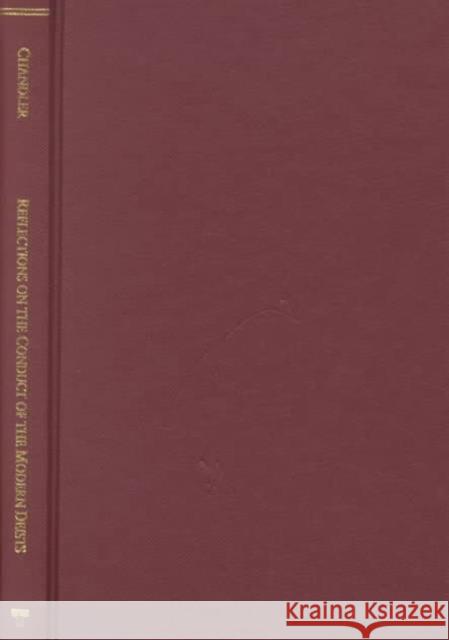The History of British Deism » książka
The History of British Deism
ISBN-13: 9780415107747 / Angielski / Twarda / 1994 / 2715 str.
Deism was often synonymous with natural religion (as distinct from revealed religion) in the 17th and 18th centuries; it meant belief in a God, but not in any particular mystical or supernatural powers. The word itself was probably coined in the middle of the 16th century in France, but the concept began to emerge in British theology in the 17th century, most notably in De Veritate (1624) by Lord Edward Herbert of Cherbury. By the middle of the 17th century, deism was beginning to concern orthodox theologians, and any suggestion of it was quickly attacked. Yet other theologians, for example, Humphrey Prideaux, regarded deism as a necessary step to Christianity. John Locke added his considerable weight to the debate with The Reasonableness of Christianity in 1695. This was immediately followed by John Toland's Christianity not Mysterious (1696), in which the author asserted that there was nothing in religion that was not above reason and that no Christian doctrine could properly be called mysterious.











